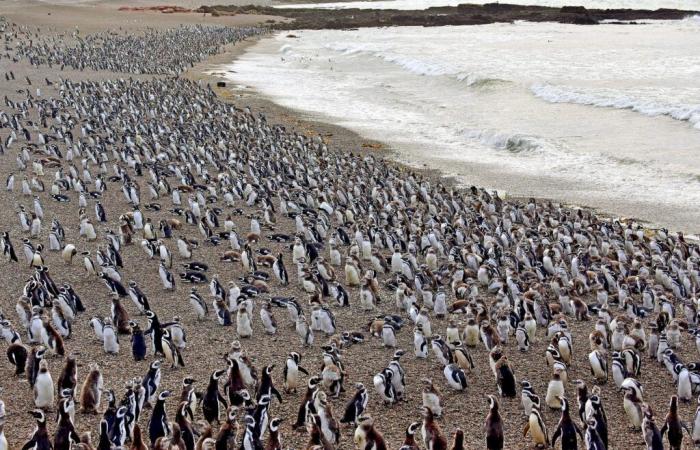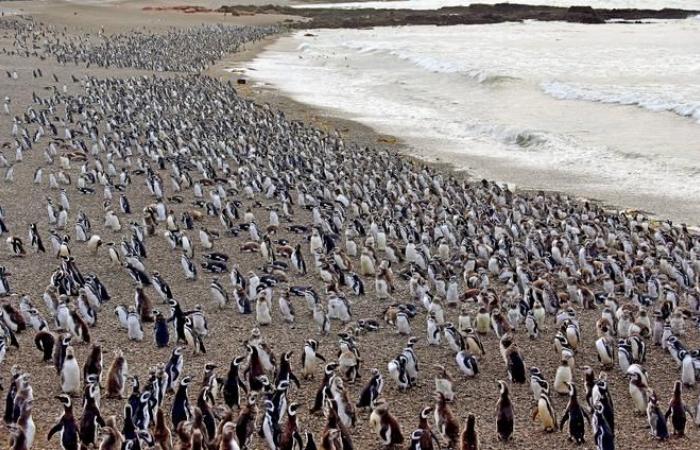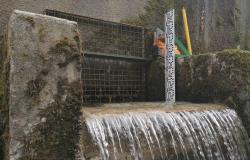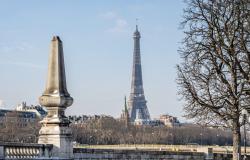LETTER FROM BUENOS AIRES
The terrain, a semi-desert area, extends hundreds of meters to the frigid bright blue waters of the Atlantic Ocean in Argentine Patagonia. Its owner, a cow breeder, was found guilty, Thursday, November 7, by the superior court of justice of Chubut (south) of “aggravated damage” on the environment and “animal cruelty” towards Magellanic penguins present in his field. An unprecedented verdict concluding a historic trial. If the details of the sentence must be communicated later, the prosecution requested four years in prison and financial compensation.
“This is a surprise because Argentina has a long history of environmental impunity and a penal code that does not contain environmental crimes. This is a turning point in the country's justice, an ecological conquest.”greets Lucas Micheloud, lawyer and co-director of the Argentine Association of Environmental Lawyers. The latter had become a civil party, with the environmental defense NGOs Greenpeace and Fundacion Patagonia Natural.
The events occurred between the months of August and December 2021, when penguins nest underground. The convicted breeder, Ricardo La Regina, now 37 years old, decides to carry out work on his land. In particular, he wants to install a fence and build a dike, in order to contain his livestock and water them. To this end, he bought a backhoe and excavated part of his land.
Read also | Article reserved for our subscribers Argentina: in Patagonia, a UNESCO-listed park engulfed in flames
Read later
According to the verdict, the breeder “caused irreversible damage to the native fauna and flora of this place” but also “hit a large number of live penguins of different ages, killing them, injuring them, causing them suffering and also hitting eggs in the incubation stage”. Greenpeace, for its part, believes that“around a hundred penguins, eggs and chicks and around 175 nests were destroyed, in addition to the deforestation of native vegetation”. An image taken by biologists – whose testimony was included in the file – shows a penguin lying under branches, partly covered with earth, after the excavation. “Native vegetation is essential for the reproduction of penguins because it allows them to make their nest, to protect themselves from the wind, the sun, and predators”underlines Lucas Micheloud. According to specialists, the recomposition of the soil and flora could last between ten and twenty years.
You have 57.01% of this article left to read. The rest is reserved for subscribers.







